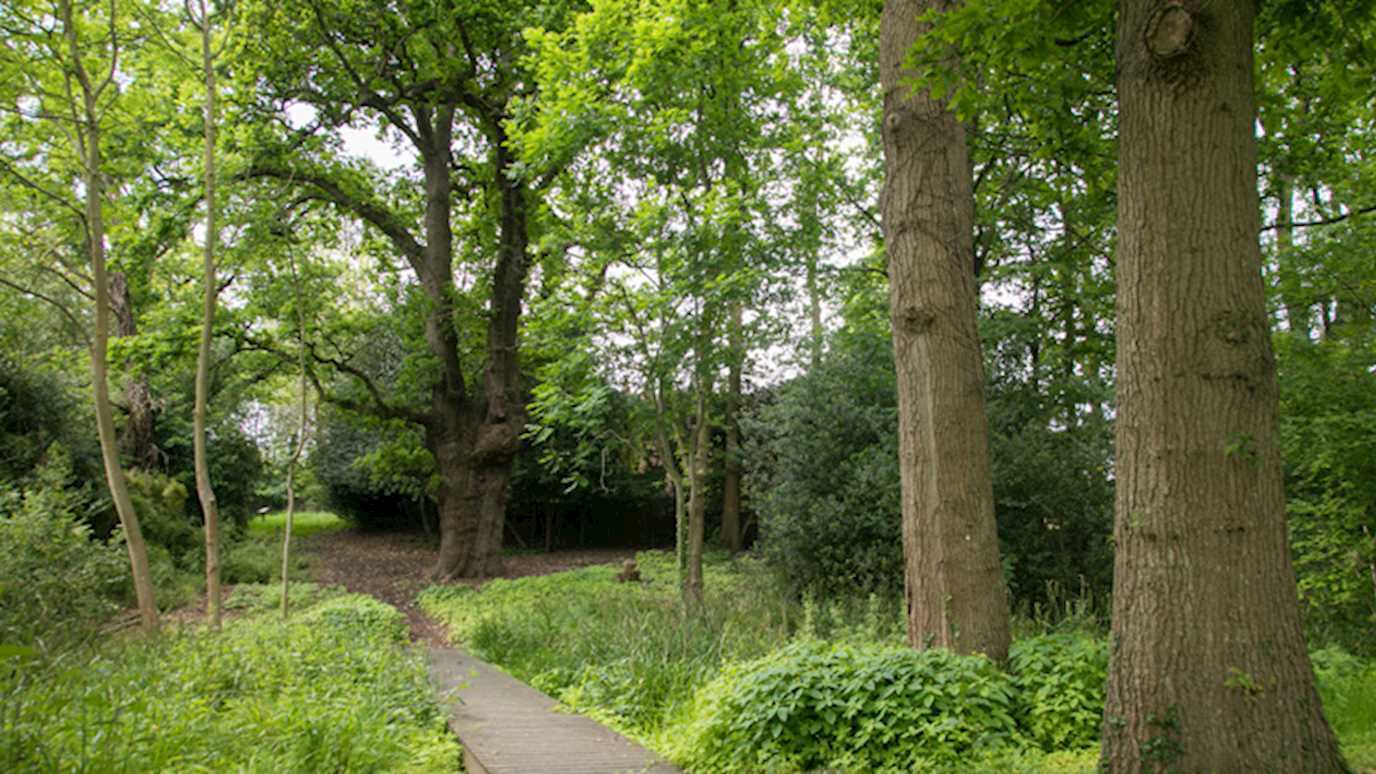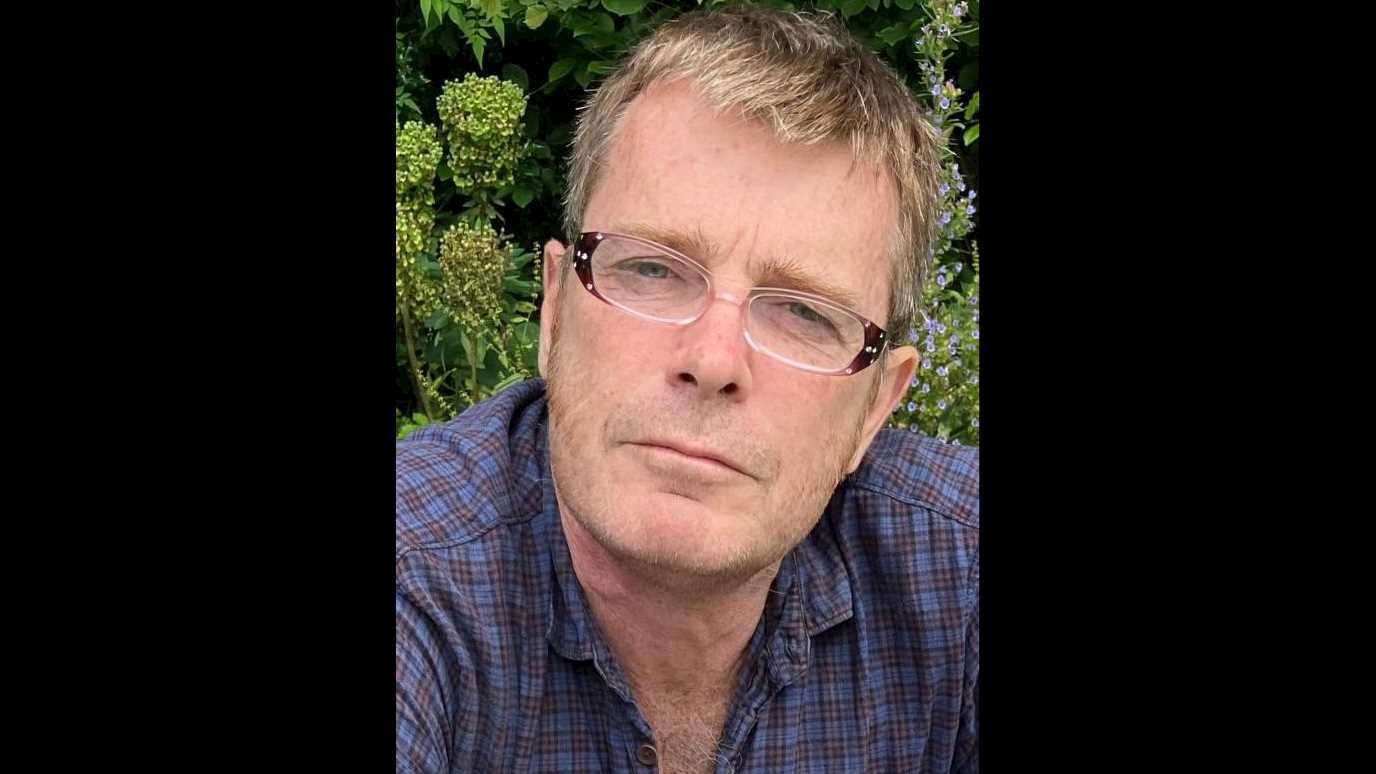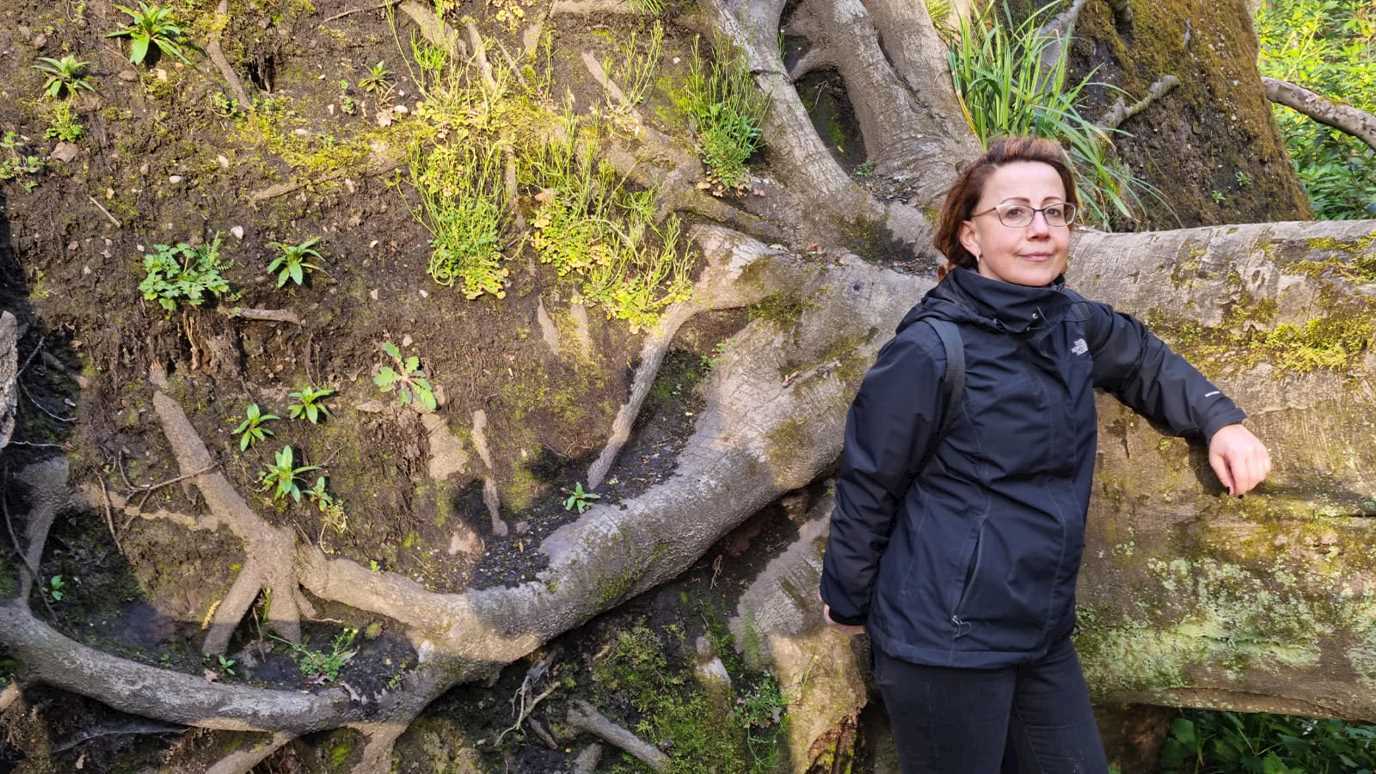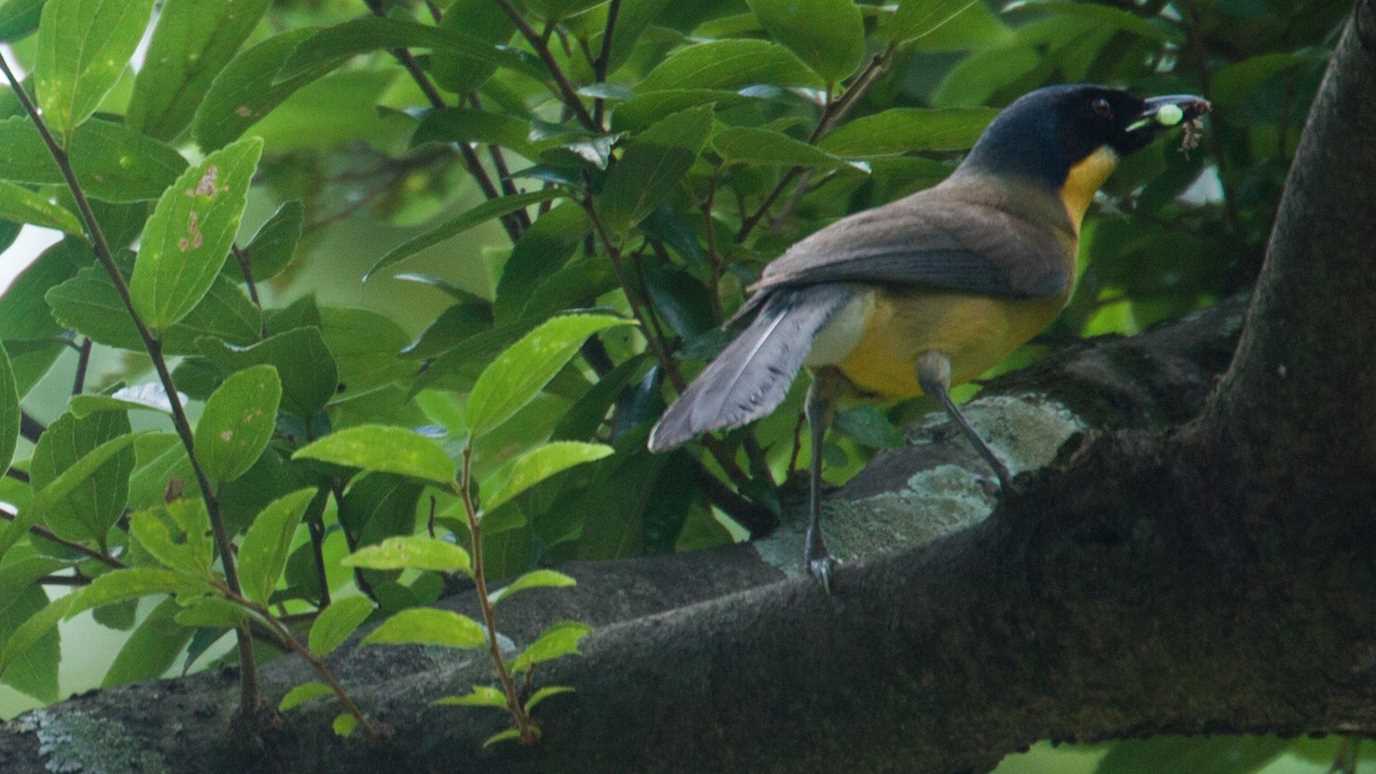A ground-breaking pilot scheme run by Royal Holloway and supported by Naturalist, broadcaster, campaigner and Honorary Doctorate Chris Packham is educating children about the vital role trees play in our ecosystems.

In 2016 The Woodland Trust and Forestry Commission reported that England’s green and pleasant land is slipping into deforestation, with more trees now being felled each year than are being planted. Tree cover in England today stands at 10% compared to 13% in the UK, and an average of 38% in Europe.
Led by Dr Deborah Harvey from our Department of Biological Sciences, in partnership with The Woodland Trust, Royal Holloway has launched a year-long pilot project, Talking to Trees, to engage the next generation in the vital importance of trees. Working with 15 primary schools across London and the South East, which have already been identified as planting trees and working on their Green Tree awards, Talking to Trees has engaged over 500 young people aged eight to 11.
The scheme educates children about the hidden habitats of trees and their vital role in our ecosystems, inspiring them to become environmental champions and understand the vital importance of preserving our natural world. It also monitors both how children interact with their environment and how this increases their connectivity to nature, improving mood, wellbeing and engagement.
“Trees are often looked upon as ‘boring’ by children and very much blend into the landscape,” says Dr Harvey. “Through my work on this schools’ biodiversity project, their opinion is overturned as trees are shown to be so much more than that and important ecosystems in their own right. Talking to Trees brings us in touch with nature.”
From carrying out tree surveys and learning about tree reproduction to discovering how trees provide both food and habitat for other plants and animals, Talking to Trees has shown the children a hidden world. Teachers reported that children were “energised and open” after their sessions, that “working on the programme has notably contributed to their raised happiness”, and that Talking to Trees really seemed to "reduce their anxiety”.
“Children who have low connection to nature become so much more engaged, motivated and demonstrate much greater improvement in mood,” says Dr Harvey. “Our natural world is low cost but high benefit for us all. It’s too easy to be locked onto our computers these days.”
Dr Harvey hopes to secure longer term funding so that Talking to Trees can be rolled out on a wider scale. “Given there is much greater focus on ecology and the natural environment, the impact and benefits to engage more young people is huge. It’s a great example of how universities can work more collaboratively with schools.”
Naturalist, broadcaster, campaigner and Honorary Doctorate Chris Packham is an ambassador for the project. “We know that being ‘in nature’ reduces salivary cortisol levels, thus stress, reduces heart rate and blood pressure and increases the production of natural killer cells which facilitate our immune system to better cope with viral infections and tumours. We also know that when children have improved mental health they improve attainment of skills and learning,” says Packham.
“So why is this project important and how do we reach these youngsters? Simple – school – because almost everyone has to go to school. Schools are an essential point of access to ‘nature’ and a place where a far greater awareness of mental and physical health is desperately required.”
























